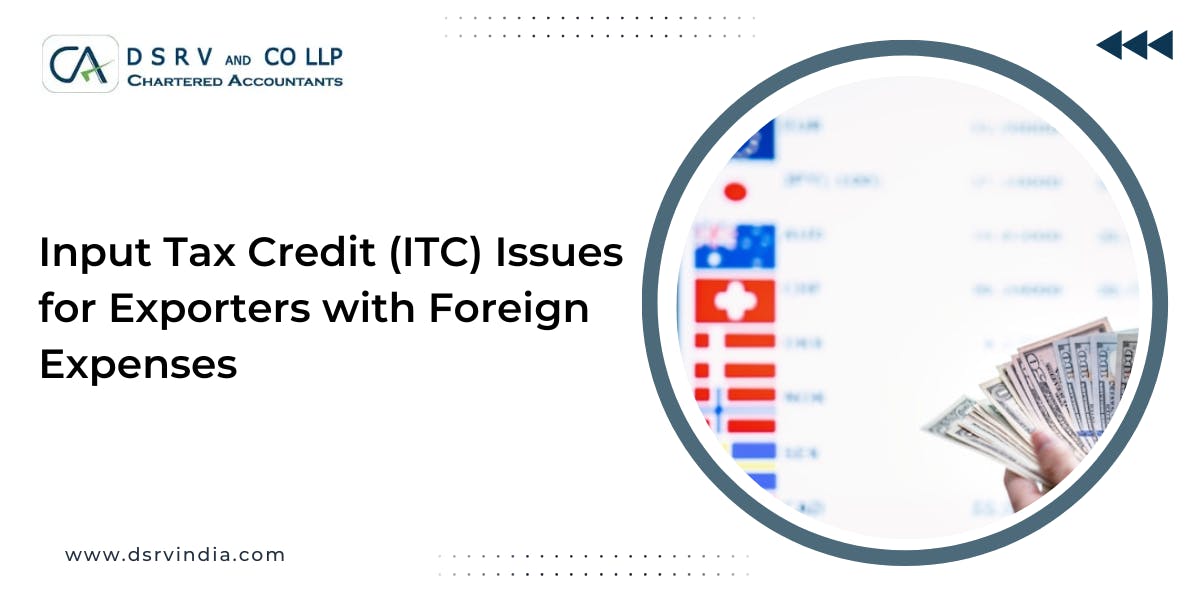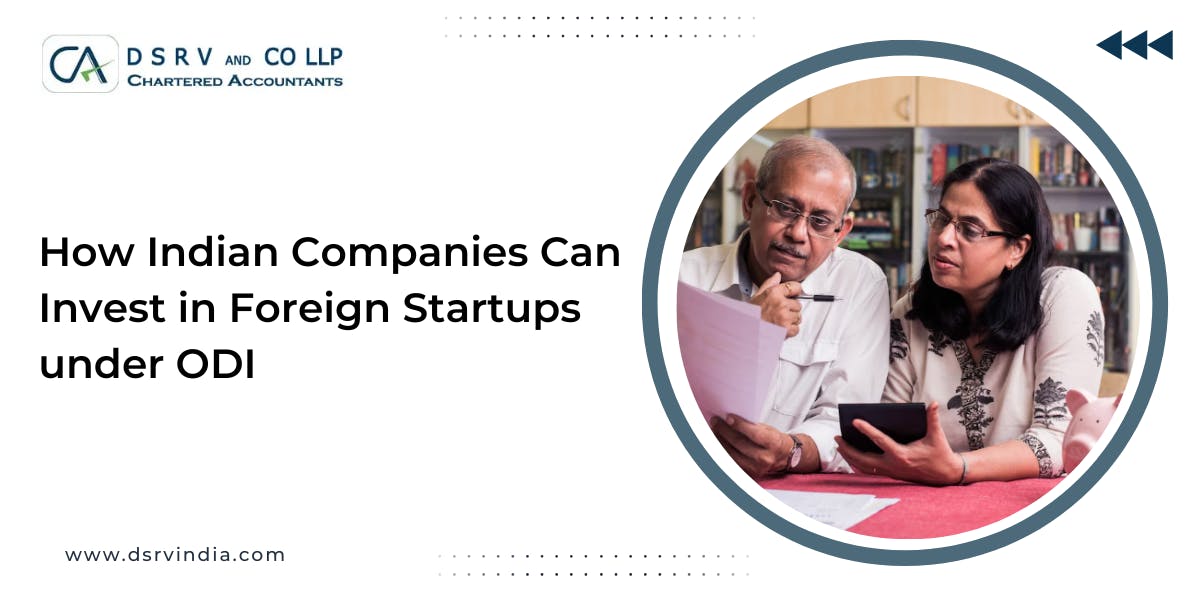Greetings, Business Owners! If you've ever wondered about the secret way to increase your financial fortune, you're in the right place. In this article, we'll look at the complexities of FDI under FEMA and its importance in the Indian economy under the Foreign Exchange Management Act (FEMA). So, if you are looking for company registration in Delhi then continue reading this insightful blog to discover how you can boost your wealth by following the FEMA compliance rules.
Understanding FDI Under FEMA
Let's start with the basics. Foreign Direct Investment, or FDI, serves as a financial link between two countries. It occurs when a company or individual from one country invests directly in a company or assets in another country. This Investment policy was announced by the Government of India in the year 1999. This investment provides not just wealth but also expertise, technology, and management skills, promoting a dynamic exchange of nations. So, if you are planning to begin a new start-up in India, get in touch with us, as we are one of the leading CA firms in Gurgaon.
The Importance Of Foreign Direct Investment In India
Why are FEMA FDI regulations so important to India? The explanation lies in its revolutionary impact on the country's economic progress. FDI functions as a catalyst, boosting economic growth, creating job opportunities, and improving infrastructure. With foreign investment coming into numerous sectors such as manufacturing, technology, and services, India gains access to global markets and modern technologies, creating a competitive edge in the global marketplace.
Let us simplify the FEMA compliance for Foreign Direct Investment. Imagine FDI as different roads to invest money from other countries into India. First, there's the Automatic Route – it's like a highway where certain investments can flow in smoothly without needing special permission. Then there's the Government Approval Route, which functions much like a toll road and requires government approval prior to starting any investment journey. Now, let's talk about the places these investment roads can take you. Different sectors in India open their doors to foreign investments, like real estate or technology. But, like any journey, there are some rules and limits.
Read This : SPECIAL FOCUS ON EXPORT AND IMPORT OF SERVICES
Learn The Crucial Steps To FDI Approval
Identification of Sector:
Choose the industry that the foreign investment is meant for, as each industry may have its own set of approval criteria.
Type of Approval Route:
Choose between the Automatic Route or the Government Approval Route, based on the sector and the amount of FDI being considered.
Application Submission:
Fill out the required application form and send it to the appropriate authorities with the necessary supporting documentation. This could contain information on the investor, the suggested investment, and the business strategy.
Review by Competent Authorities:
The application is reviewed by the concerned government agency or regulatory body to make sure it complies with sector-specific standards and FDI policies.
Clarifications and Additional Information:
To speed up the review procedure, authorities may ask the applicant for further details or clarifications as needed.
Approval or Rejection:
Following a careful assessment, the concerned authority decides whether to accept or reject the FDI proposal. Permission could be given subject to limitations or requirements.
Issuance of Approval Letter:
If the application is approved, the terms and conditions of the approval are outlined in an official letter that is sent to the applicant.
Compliance and Reporting:
Following approval, the investor is required to comply with the conditions stipulated and fulfill reporting requirements as mandated by regulatory authorities.
Must Read: The Ultimate Survival Guide To Income Tax Assessment – Are You Prepared?
Documentation Requirement For FDI Under FEMA
Depending on the industry, the kind of investment, and the route (Automatic Route or Government Approval Route) selected, there may be differences in the documentation needed for Foreign Direct Investment (FDI) under the Foreign Exchange Management Act (FEMA) in India. However, here is a general list of documents commonly required for approval under FEMA FDI policy –
Application Form:
A completed and properly signed application with information on the investor, the suggested investment, and the business plan.
Board Resolution:
A decision approving the FDI and designating a representative for the application procedure is made by the investing company's board of directors.
Certificate of Incorporation:
Certificate of incorporation of the foreign investor entity.
Business Plan:
Detailed business plan that describes the nature of the venture, the expected financial results, and the intended use of cash.
Due Diligence Report:
In some circumstances, it could be necessary to obtain a due diligence report on the foreign investor.
Joint Venture Agreement:
Records containing the conditions of collaboration agreements or joint ventures between the foreign and Indian firms, if applicable.
Financial Statements:
The foreign investor's audited financial statements covering the last few years.
Bank Statements:
Bank statements indicating the financial health of the investor.
Power of Attorney:
A power of attorney authorizing a representative to carry out the necessary procedures on behalf of the foreign investor.
Legal Opinion:
A legal opinion from the investor's legal counsel affirming compliance with Indian laws and regulations.
KYC Documents:
KYC documents, including passport copies, proof of address, and other identification documents for individuals involved in the investment.
Sector-Specific Documents:
Certain sectors may have additional requirements. For example, in real estate, approvals from the concerned authorities may be necessary.
Also Read: Skyrocket Your Savings By Learning About Input Tax Credit Under GST
Penalties For FDI Rule-Breakers
Penalties may result from failure to comply with Foreign Direct Investment (FDI) regulations under FEMA. These penalties are like fines you have to pay for not doing things the right way. It's important to stick to the guidelines and regulations set by the government. If you don't, you might end up facing financial penalties, which means you have to pay a certain amount of money for not following the rules.
Therefore, in order to avoid these fines and ensure a trouble-free investment path, you must abide by the laws when it comes to foreign investments in India under FEMA.
Conclusion
When it comes to safeguarding your investments and financial security, we at DSRV India emphasize how important compliance is. If you have any queries or require advice on FDI or any other financial matters, our team of chartered accountants is here to help you. Remember, following the rules is a smart move for a successful financial future.






